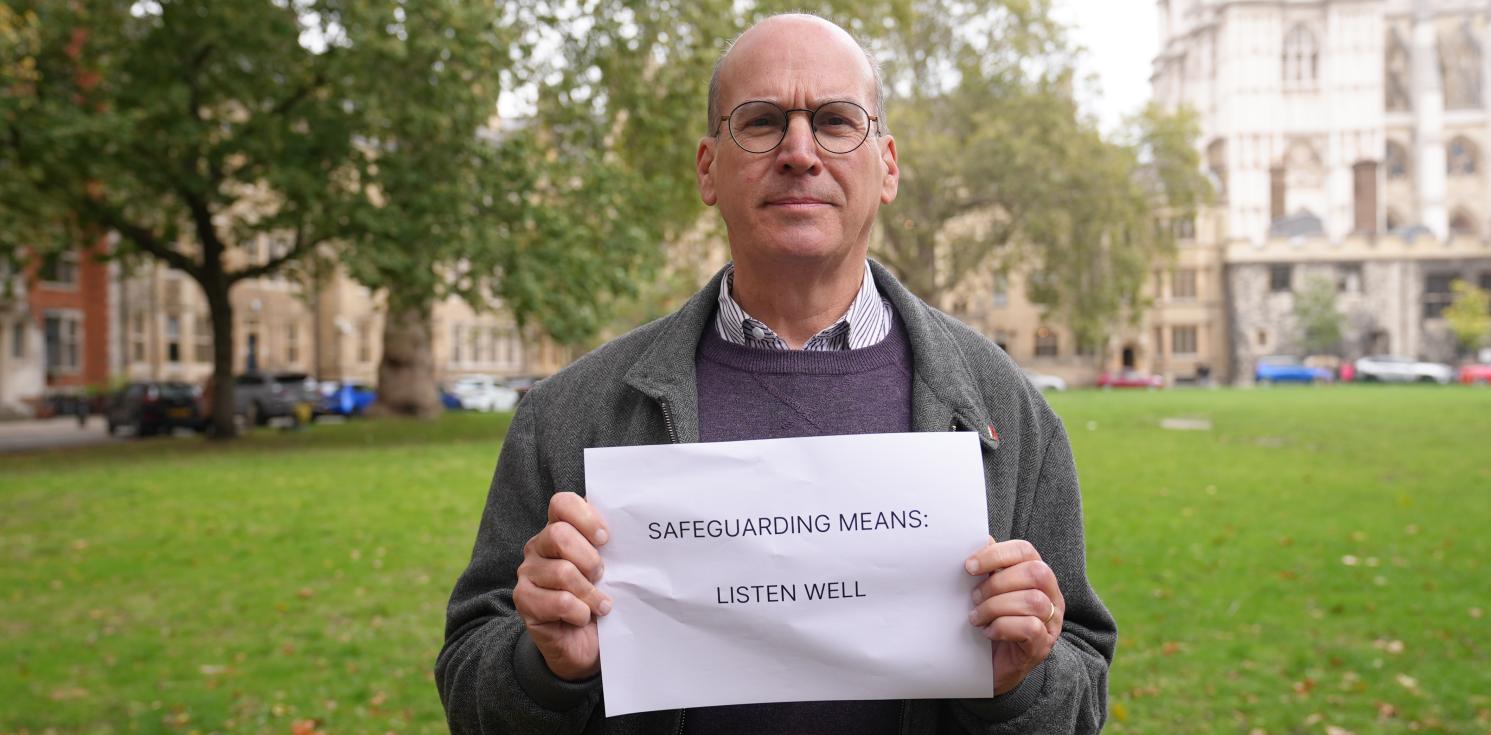Safeguarding: Listen well

Safeguarding Sunday took place this month - 19 November 2023. Over the next few weeks, we are delving into the fundamental principles of creating a safe space for all. In previous weeks we’ve focused on establishing good governance, managing power and building effective structures within a chaplaincy community. This week we look at listening well within the chaplaincy, based on the Thirtyone:Eight ‘Culture Cube’.
This article explores listening well, cultivating a culture of open dialogue, and the importance of embracing both positive and negative narratives to foster a safer and more resilient chaplaincy environment.
Understanding the stories within your chaplaincy
Every chaplaincy is shaped by the experiences, challenges, and triumphs of its members. To effectively safeguard the community, it is essential to pay attention to the stories being told—stories that reveal the strengths, vulnerabilities, and concerns of the congregation.
Cultivating a culture of open discussion and feedback
Listening well begins with creating a culture that encourages open discussion and feedback. By fostering an atmosphere where individuals feel safe to share their experiences and concerns, the chaplaincy can uncover valuable insights that contribute to the development of safer practices and policies.
Communicating messages that support a safer environment
Messages conveyed by the leadership should consistently support the development of a safer environment. Clear communication about policies, reporting mechanisms, and a commitment to addressing concerns promptly and effectively reinforces the chaplaincies dedication to the well-being of its members.
Embracing external narratives: Positive and negative
Safeguarding extends beyond the internal narratives of a chaplaincy. Embracing stories from people outside the community, both positive and negative, provides a broader perspective. Positive narratives highlight the chaplaincy's strengths, while negative ones offer opportunities for growth and improvement. By listening to external voices, the chaplaincy can refine its practices and better meet the needs of its members.
Creating a humble and learning culture
A humble and learning culture is a cornerstone of effective safeguarding. Creating an environment where humility is valued enables the chaplaincy to continuously enhance its safeguarding measures.
For more information on Safeguarding in the Diocese in Europe, visit the safeguarding webpage.


